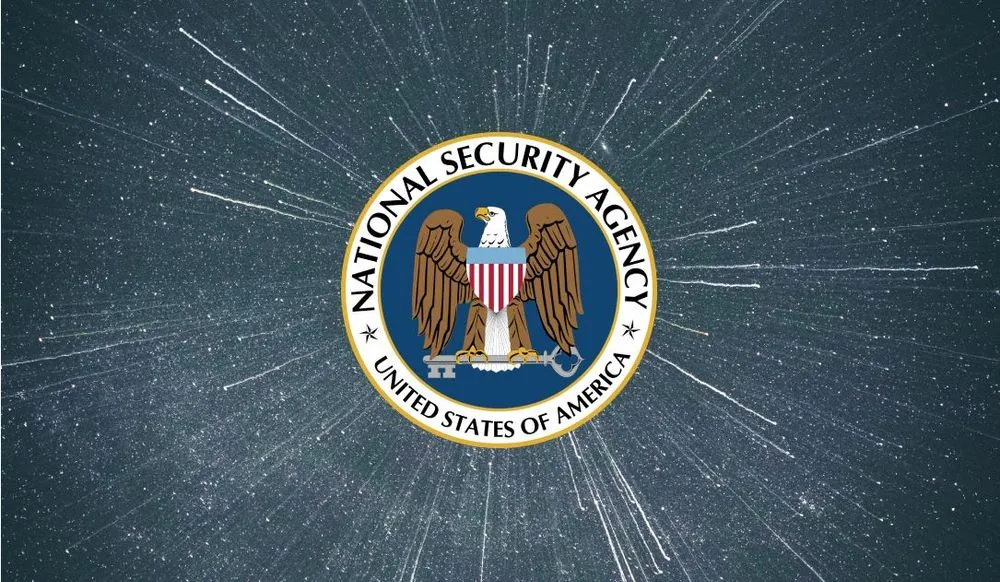NSA employees offered deferred resignation, early retirement
The National Security Agency is the latest intelligence community entity to offer its workforce the ability to leave their jobs in exchange for a paycheck for several months, according to two sources familiar with the move.
What has become known as the “Fork in the Road” offer went out to the entire NSA workforce on Monday, however there was some confusion about whether it applied to the largest U.S. spy agency, one of the sources told Recorded Future News.
It was followed by an NSA-specific message to all personnel saying they must decide on whether or not to accept the offer by February 6.
The Trump administration last week said that eligible federal employees who resign by that date will retain their pay and benefits until the end of September, as the White House has tapped Elon Musk to shrink the federal government workforce and align it with the president’s agenda.
It was not immediately clear whether all NSA employees would be allowed to take the offer.
In addition, the Office of Personnel Management is offering NSA personnel voluntary early retirement authorization, according to the second source, which differs from the “deferred resignation” in the initial offer.
The agency, which is part of the Department of Defense, has the ability to deny approval on either tactic based on national security needs. However, Musk’s Department of Government Efficiency is exerting pressure on federal entities to accept as many as possible and report back weekly acceptance numbers.
"As directed by OPM and DoD, the deferred resignation program is available to eligible NSA employees," an NSA spokesperson said in a statement.
Federal national security organizations were exempt from the original OPM offer but that appears to be changing.
The Wall Street Journal reported on Tuesday that a similar, broad offer had been made to the CIA. It was also reported that some officers within the Office of the Director of National Intelligence might partake in the program.
President Donald Trump and his allies have railed against the clandestine community for years, arguing it is the bedrock of the “deep state” arrayed against his agenda.
The NSA in particular has been a favorite target of the president’s ire.
Near the end of his first administration, Pentagon officials attempted to split the so-called “dual-hat” leadership structure that governs U.S. Cyber Command and NSA.
And with just days left in office, the administration named a political appointee to serve as the agency’s top lawyer, bypassing more qualified candidates. The move was resisted by then-NSA chief Gen. Paul Nakasone and eventually sparked a probe by the Defense Department inspector general.
The appointee, Michael Ellis, was named CIA deputy director by Trump on Monday. Ellis, who won’t need Senate approval to assume the role, will work under CIA Director John Ratcliffe.
More recently, advisers to the Trump transition advocated severing the dual-hat in his second term. Recently-confirmed Defense Secretary Peter Hesgeth and Trump’s pick to lead ODNI, former congresswoman Tulsi Gabbard, both vowed to examine the issue in their written answers to Congress.
Updated 2:06pm EST with a statement from NSA.
Martin Matishak
is the senior cybersecurity reporter for The Record. Prior to joining Recorded Future News in 2021, he spent more than five years at Politico, where he covered digital and national security developments across Capitol Hill, the Pentagon and the U.S. intelligence community. He previously was a reporter at The Hill, National Journal Group and Inside Washington Publishers.



